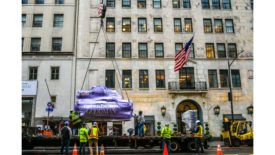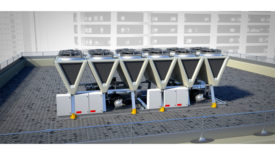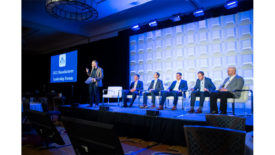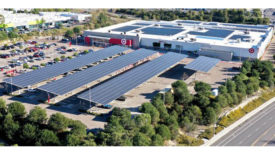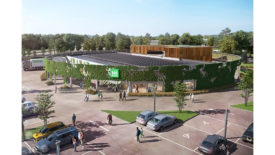HVAC Commercial Market
Trane is helping the luxury retailer with its decarbonization plan
Read More
Project Files: Episode 48 — Custom A/C for the Vatican Museums
Carrier solution delivers powerful heating and cooling without altering the 500-year-old historic space
Read More
ACCA Members Gather to Discuss Issues Facing Industry
Annual event addresses challenges, opportunities
Read More
The Unintended Consequences of Electrification
End users could find themselves with limited choices, higher electric bills, and less comfort
Read More
HVAC Company Offers Diverse Services, Boasts Family Culture
The “Schlosser Way” or the Highway
Read More
Target, Amazon Embrace CO2 Refrigeration
New net zero test stores will help both retailers achieve sustainability goals
Read More
Danfoss Builds Supermarket of the Future
Denmark store will benefit from energy-efficient refrigeration and heating technologies
Read More
Copyright ©2024. All Rights Reserved BNP Media.
Design, CMS, Hosting & Web Development :: ePublishing
